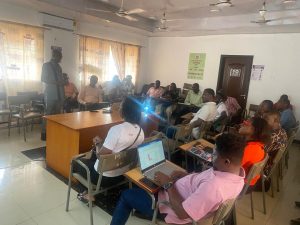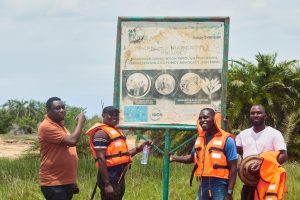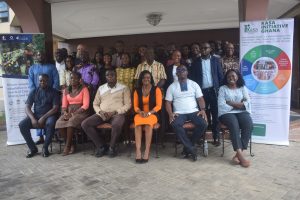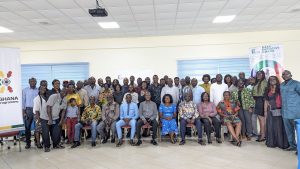Hosted by the Canadian Ministry of International Development and Global Affairs Canada, GCF’s second replenishment consultation meeting brought together 27 potential contributors and eight Board members to discuss key issues on the Green Climate Fund (GCF) replenishment in the context of urgent global climate action. The meeting was facilitated by Johannes Linn.
The Deputy Minister of International Development of Canada, Ms Diane Jacovella, addressed the opening of the meeting, stressing the importance and urgency of the climate agenda and expressing Canada’s strong support for a successful GCF replenishment. She stated: “The Fund’s catalytic role in leveraging multilateral and private sector investment is particularly critical to tap into the trillions of additional investment dollars needed to fund the climate change mitigation and adaptation investments that are required.”
She reminded the meeting participants of the three recent replenishment pledging announcements made at the G7 Summit in Biarritz, France, including from Canada’s Prime Minister. Five contributors have now announced their intention to contribute to the GCF-1 replenishment: Germany, Norway, the United Kingdom, France and Canada.
The meeting discussions focused on four key items: reviewing the results and recommendations of the Independent Evaluation Unit’s Forward Looking Performance Review together with the Secretariat’s management response, working to finalise the content of GCF’s Replenishment Summary Report, reviewing proposed updates to the Fund’s policy on contributions and agreeing to the remaining steps in the current replenishment process leading to the Pledging Conference.
During discussions on the final item of the agenda, outlining the remaining steps in the GCF-1 replenishment process, France graciously proposed to host the Pledging Conference in Paris on October 28-29, which was unanimously accepted.
During the same session, the Secretariat offered a more detailed timeline for participants to submit comments to the Replenishment Summary Report in the remaining time leading up to the Replenishment Pledging Conference.
Following the close of the two-day meeting, GCF’s Executive Director Yannick Glemarec commented: “We covered a lot of important ground over the past two days in Ottawa. With the pledging announcements of the UK, France and Canada coming just days before, the meeting started on a high note. With the Policy for Contributions now agreed, and the helpful input on the 2020-2023 programming directions, we are carrying a lot of positive momentum heading into the UN Secretary General’s Climate Action Summit in New York in three weeks’ time. The offer by France to host the Pledging Conference is another vote of confidence that we are on track for a successful and ambitious replenishment.”
The GCF-1 Replenishment Pledging Conference will be held in Paris on October 28-29.
Contact
Simon Wilson, Head of Communications a.i.
+82 10 2733 6338
Source: www.greenclimate.fund






